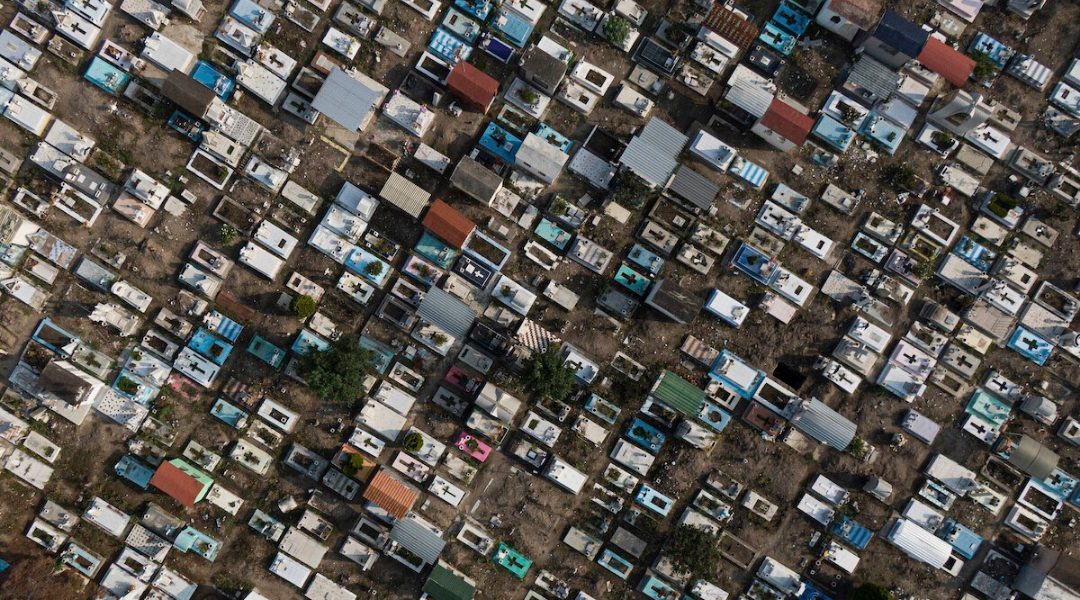The Migrant Phantoms of the Pandemic, by Prof. Adrián Félix
Prof. Adrián Félix published an op/ed, “The Migrant Phantoms of the Pandemic,” in Latino Rebels. Excerpt below:
The climbing death toll of COVID-19 has brought to light an often-overlooked end-of-life ritual among Mexican migrant communities in the U.S.:the repatriation of deceased compatriots from the U.S. to their ancestral homelands in México. Among the many unforeseen tragic consequence of the outbreak, the pandemic is disrupting this long-standing postmortem return migration. Ironically, this immobilization of Mexican migrants in death is symbolic of how they have been excluded in life by the Donald Trump and Andrés Manuel López Obrador (AMLO) administrations on both sides of the border.
As the contagion has careened through the planet —painfully laying bare the racial disparities of public health— newspapers like the Los Angeles Times and The New York Times have paid homage to the migrant victims who have been deprived of a proper posthumous homecoming due to the disease.
“Along with intense emotional anguish and a sudden economic void from the loss of crucial providers, their families must endure another blow,” writes the LA Times about families in México grieving their deceased loved ones in the U.S. “The crisis has made it almost impossible to ship bodies back to Mexico for burial.”
In a similar elegiac tone, the NY Times writes of Mexican migrants who have succumbed to the pandemic in New York City: “For the area’s Mexican immigrants —a community already hit hard by the virus— the pandemic has brought another cruel change. Mexican families typically send bodies home, for flower-strewn Catholic burials, and to give relatives the chance to glimpse their loved ones again after long separations.”
In the wake of COVID-19, the NY Times ominously states, “that sacred rite has come to a halt.”
In my 2019 book Specters of Belonging: The Political Life Cycle of Mexican Migrants, I trace these posthumous repatriations across the México-U.S. border and unearth their political significance for México-U.S. migration. As political scientist Osman Balkan so hauntingly puts it in a different ethno-religious migratory context: “Death in the diaspora also raises existential questions about the meaning of home…the act of burial serves as a means to assert belonging, attachment and…loyalty to a particular group, nation, or place.” The necropolitics of this practice reverberate across international boundaries, for, as Balkan asserts, “Experiences with racism, discrimination, or xenophobia generate a feeling of perpetual foreignness, which follows individuals to the grave.”
Image above: The San Isidro cemetery, that the city’s authorities ordered temporarily closed to the public to keep crowds away as a measure to limit the spread of COVID-19 disease, is seen from the air in Mexico City, Sunday, May 10, 2020. (AP Photo/Fernando Llano)
Publications
